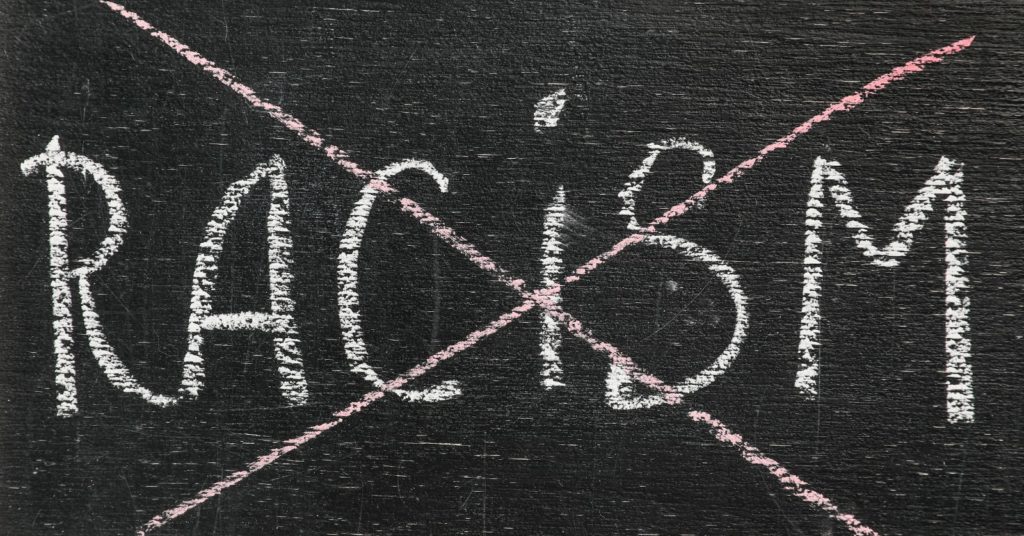Legislation proposed by Republicans in the Iowa House of Representatives would define what diversity training programs are allowed to teach in schools, about racism and sexism, banning discussion of any so-called “divisive” topics.
The bill, House Study Bill 258, has no language preventing discussion about ideas or questions that come up during diversity training, but the bill requires that deans, presidents, vice presidents and other directors ensure any training “does not teach, advocate, act upon or promote divisive concepts.”
Those divisive concepts include ideas like: “that one race or sex is inherently superior to another” and “that an individual’s moral character is necessarily determined by the individual’s race or sex.”
But it also includes ideas like “that an individual, by virtue of the individual’s race or sex, is inherently or systematically racist, sexist or oppressive, whether consciously or unconsciously.” and “that the United States of America and the state of Iowa are fundamentally racist or sexist.”
The list also mentions race or sex scapegoating, which appears to misinterpret the ideas of implicit bias and privilege, and how both can influence people into thinking or acting a certain way.
The bill defines it as “assigning fault, blame or bias” to a particular race or sex because of those qualities, or “claiming that, consciously or unconsciously…members of any race are inherently racist or are inclined to oppress others.” The same language is used for sexism.
In the subcommittee, most opponents brought up concerns that the language in the bill is too unspecific for organizations to use when they do diversity training.
Keenan Crow, director of policy and advocacy for One Iowa, mentioned it specifically because One Iowa does diversity trainings.
“I think my biggest problem with this piece of legislation is that it’s just so vague that we just don’t even know what is being prohibited,” they said. “So I worry about the chilling effect of that, not knowing what’s prohibited. What are people not going to say now because they’re worried that they’re going to upset, in our case, the client?”
And if programs can’t discuss systemic or structural issues, Crow said diversity training basically becomes pointless.
Crow also compared this bill to an executive order signed by former-President Donald Trump that banned groups receiving federal funding from talking about “divisive” issues like white privilege. A district court judge issued an injunction halting its enforcement because the language was too vague.
President Joe Biden has since revoked the order.
But it’s had an effect anyway, even sparking controversy in the University of Iowa’s College of Dentistry after the college condemned the executive order and a conservative student pushed back against that condemnation.
Rep. Mary Wolfe, a Democrat representing District 98, also took issue with the unclear language, and said she worries this will have a chilling effect on free speech and on what topics could be left out.
“This is all about banning certain speech that might be divisive,” she said. “I just think it’s real important that our universities, our schools, whatever, are able to have discussions about divisive concepts.”
Rep. Skyler Wheeler, a Republican representing District 4, said this bill is important, now more than ever.
“We must reject identity politics and the divisiveness that comes with it,” Wheeler said. “We must reject the religion of wokeism, as Ben Shapiro calls it, that is running rampant in our country.”
He quoted Dr. Martin Luther King, Jr. and said this bill is about judging character rather than skin color or gender, and putting everyone on an even playing field.
Crow rejected that idea, saying that the innocuous statements like not being able to say one race is inferior to another are woven in with rejections of well-known sociological concepts.
“We need to be talking about some of the concepts that I believe this legislation will ultimately prevent people from talking about, including system racism, including things like white and male privilege,” Crow said. “Not only is this a solution in search of a problem, it’s also a solution to a problem that we’re trying to solve, but in the opposite direction. It’s kind of undoing the thing that needs to be done right now.”
